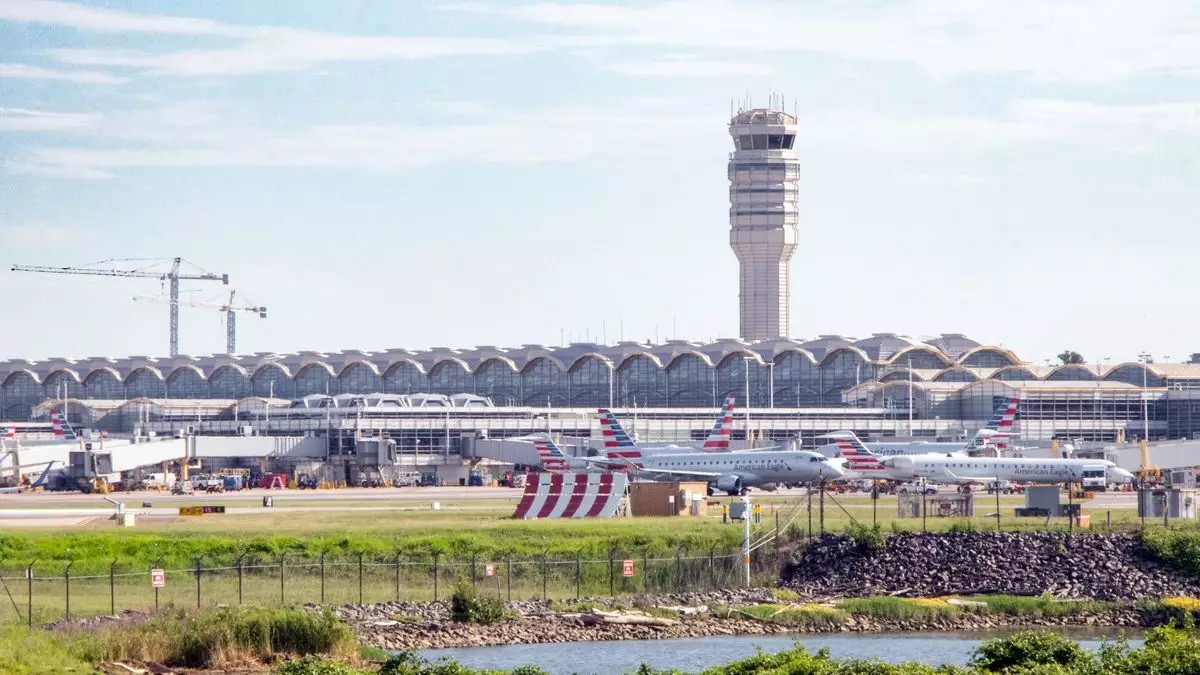On December 17, 2023, the Transportation Department (DOT) concluded its deliberations by determining which airlines would gain access to five new routes at Washington Reagan National Airport (DCA), while exempting them from the established 1,250-mile perimeter rule. This regulation limits the destinations that airlines can serve directly from Washington D.C., effectively restricting competition while safeguarding local air traffic. The newly approved routes stand alongside 20 existing daily roundtrips that already enjoy similar exemptions, indicating a crucial shift in policy aimed at enhancing airline service connections.
The DOT’s final decision mirrored its tentative order from October, awarding the five new routes to Alaska Airlines, American Airlines, Delta Airlines, Southwest Airlines, and United Airlines. Specifically, Alaska has been granted service to San Diego, American to San Antonio, Delta to Seattle, Southwest to Las Vegas, and United to San Francisco. This predictable outcome raises questions about the fairness and competitiveness of the selection process.
Notably absent from the roster were JetBlue, Spirit Airlines, and Frontier Airlines, which submitted their requests for additional routes but ultimately did not prevail. The DOT ruled that both Spirit and Frontier did not meet the criteria set forth by the perimeter rule, as they either lacked services within the 1,250-mile boundary or had no relevant operations at DCA. In JetBlue’s case, the DOT deemed its proposal the least compelling among eligible competitors due to its existing dominance on the San Juan route.
The rationale behind the DOT’s decision encompasses more than mere allocation; it touches upon the broader theme of competition within the airline industry. JetBlue voiced concerns that granting these slots to the largest airlines could stifle market competitiveness. However, the DOT countered that JetBlue’s existing service on a competitive route provided it an advantage over others. By favoring incumbents, the DOT has underscored its willingness to ensure a balanced operational environment tailored to existing market dynamics, albeit at the potential cost of new entrants.
Such decisions often incite a debate about the implications for consumers, particularly in a market that requires robust competition to promote price competitiveness and service diversity. Industry-focused groups assert that giving a leg-up to major carriers consolidates power, potentially leading to monopolistic behavior that could disadvantage travelers by limiting choices and hiking prices.
The new routes must be activated within 90 days of the order, creating a timeline for these airlines to integrate the routes into their operational schedules. As these airlines gear up to commence new services, stakeholders will be watching closely. The existing 1,250-mile perimeter rule must also be examined for its ongoing relevance; as travel patterns evolve post-pandemic, there may be increasing calls for reform to enhance competition and better serve consumer needs.
While the DOT’s decision supports established airlines, the effects on fair competition and consumer choice will remain important considerations moving forward. Balancing these factors will be essential in shaping a vibrant and equitable air travel landscape at Washington Reagan National Airport and beyond.


Napsat komentář